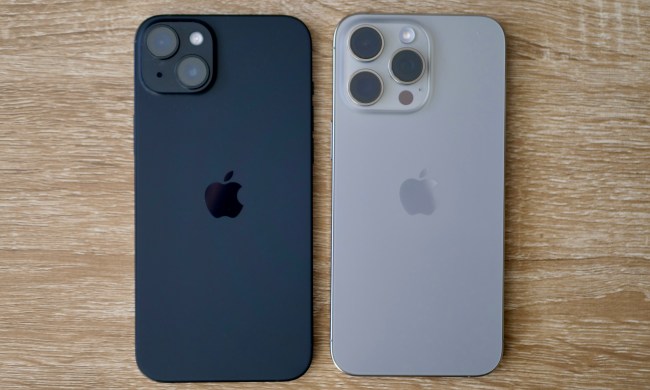Vivo has confirmed that it will be launching its Origin operating system on December 9. It is set to replace the Funtouch OS that is currently active on Vivo devices.
The team at Vivo first announced the creation of a new OS in November on the Vivo Philippines Official Blog. As per the company’s initial announcement, “the OS adds a ton of enhancements [that allow] users to relish in an elevated, futuristic experience.”

What’s new?
The UI has been reworked to provide users with a more seamless experience. The new widgets feature allows users to navigate to their top applications from the home screen itself. The upgraded OS also has 26 new gestures included in this update. They enable users to change the way they access controls on their device. Actions such as volume control, brightness adjustment, game settings control, and others are easier to perform.
As a part of this OS update, app icons get a smarter look with a revamped design, and features from mainstay Android 12 have been borrowed. Google introduced the Nearby Sharing feature as a part of its Android update. This same feature will be making its way to Vivo and iQOO devices with Origin OS. Users will soon be able to share photos, videos, and files with nearby contacts via Bluetooth instead of using their data plan.
The OS will be available for all Vivo devices released this year, including the Vivo X60 Pro Plus and Vivo X70 Pro+ models. The full list of older devices that will get Origin OS should be announced on launch day. With Android 12 and iOS 15 having been recently released, it’ll be interesting to see what else Vivo chooses to incorporate into its new OS, and how extensive support is for the product lineup.



